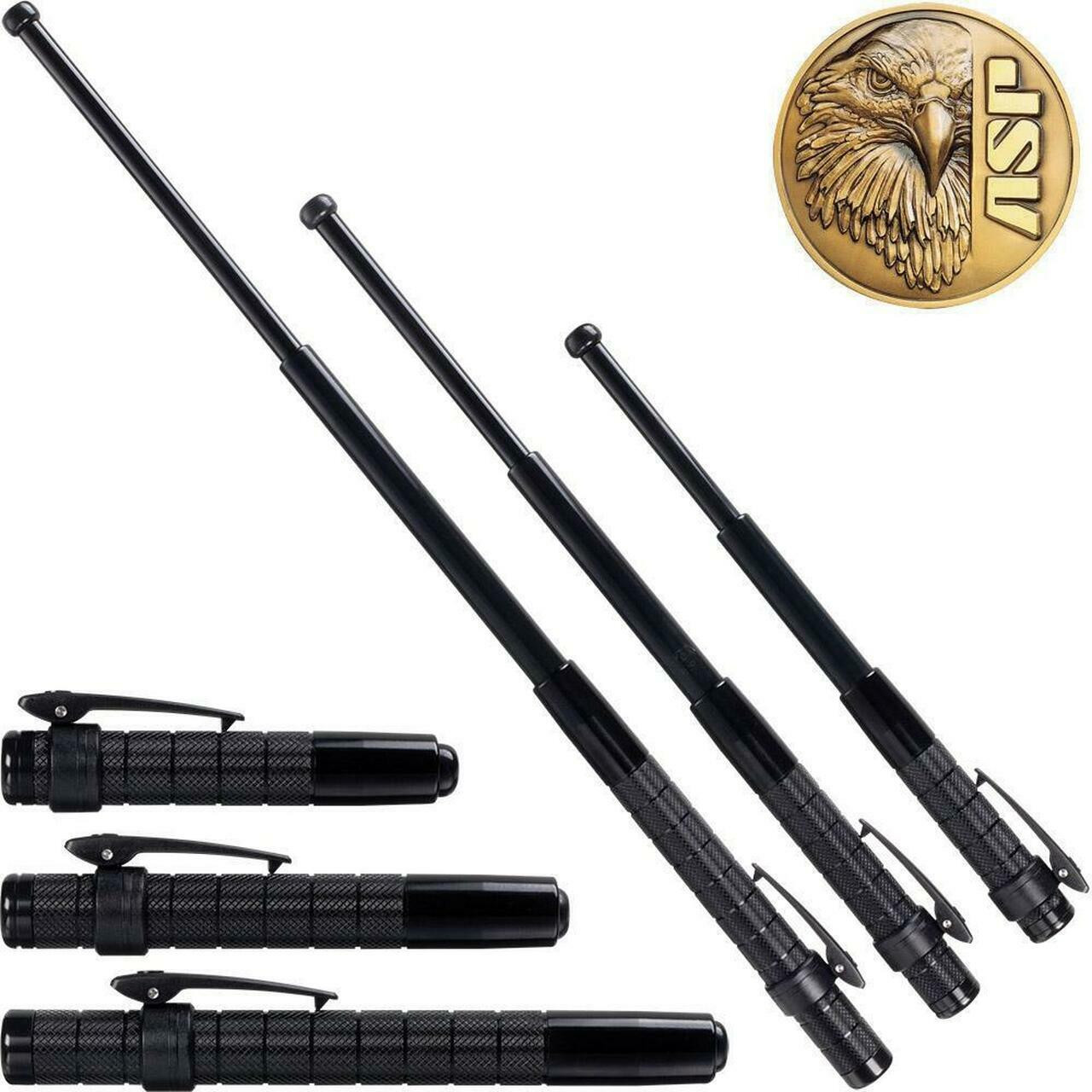
A Crisis Intervention Team (CIT) officer is trained to respond to mental health crises in their communities. They are also trained in de-escalation techniques and mental health first aid. They also complete role playing exercises and a range other training. Learn more about how to become a CIT officer.
Crisis Intervention Team officers (CIT) are trained to respond quickly to mental health emergencies
CIT officers are police officers specially trained to respond in crisis situations. Their primary goal is de-escalation of the situation without using force and to refer individuals with mental health needs to mental healthcare facilities. The training has five main objectives: reduce injuries to officers or the person in distress, promote decriminalization, reduce stigma associated mental disorders, and use a team approach for crisis intervention.

They are also trained to provide de-escalation training
Specialized training is provided to Cit officers in order to manage potentially dangerous situations. This training uses a scenario-based approach that teaches how to intervene effectively and safely. Officers are required to complete multiple scenarios that are not possible in a classroom. After completing the scenarios, officers receive feedback from trained mental health professionals and seasoned CIT officers.
They are also trained in mental health and first aid.
An important step towards responding to and preventing mental health crises is having a Cit officer undergo mental health first-aid training. The program is modeled in part after the nationally-recognized Crisis Intervention Team training. It helps first responders to recognize signs of mental illness and to respond accordingly. This program also enhances first responders' understanding of the mental system and fosters relationships within the community. This training helps to reduce the rate of arrests for mental health emergencies.
They participate in role-playing exercises
CIT officers receive extensive training in crisis management. Role-playing exercises are part of the training, as is advanced communication skills. They can also engage in conversations with family members and those affected by mental illness. They will also learn de-escalation skills through the exercises.
They create new curricula
CIT Program Manager, now offering an 8-hour training in Mental Health First Aid to public safety and fire/EMS crews. Up to now, there have been four trainings and they have all been very well received.

They call for change
CIT officers have one of most fulfilling roles in law enforcement. CIT officers make a significant difference in the lives and well-being of those in crisis. They are also able to prevent violence or trauma. CIT officers are often faced with difficult situations and need to use all of their practical and emotional resources to make a difference. This is why CIT officers require ongoing support from their communities.
FAQ
What can you do to keep yourself safe if it isn't possible to protect your self?
If you are not physically able to defend yourself from an attacker, then you should find someone who is.
Sometimes you may need to ask for assistance. It may be necessary to dial 911. You may also need to call 911.
Your local shelter for domestic violence can be reached as well. Many shelters offer safety classes that teach women how they can protect themselves.
What is the best weapon to carry for self-defense?
Sharp knives are the best weapon you can use to defend yourself. Although you may not believe you need a knife to defend yourself, if you are attacked by someone, you will regret it.
You don't have to go out and buy a $100 folding knife just because you want to protect yourself. A simple pocketknife will do the job. For any emergency, you can add some extra tools.
What does it cost to sign up for a course in self-defense?
There are many self defence courses. The cost of self-defense courses varies depending upon where you live and whether or not you take them online.
Some schools charge about $50 per calendar month, while others charge up $200.
Look into local community centers for a cheaper option. Many of these centers offer free self defense lessons.
What are some self-defense tips that women can use?
It is important to be able quickly react when you are practicing self defense. This means you must be ready for anything.
Train with a friend. Training with a friend allows you to practice together and improve your technique.
Another tip? Practice with something heavy. If you are being attacked, you will be more likely hit hard by your attacker if you are holding something heavier.
Statistics
- Verbal harassment was the most common form, but 51 percent of women said they were touched or groped in an unwelcome way, while 27 percent of women survived sexual assault. (healthline.com)
- Saying this, Self defense 101 would be the importance of situational awareness, which can never be replaced by the finest of martial arts, because it is this that would help you to avoid any likely attacks in the first place. (worldofselfdefense.com)
- Some people walk into a gym thinking they are going to become the best by training whenever they like and not putting 100% effort in. (budodragon.com)
- Boxers aren't allowed to fight in a clinch, which is a position that occurs in 80% of the streetfights. (mmaclan.com)
External Links
How To
What type of self defense should I learn?
Self-defense encompasses many different options. There are many types of self-defense you can learn. These are the top ones.
-
Boxing – Boxing can be used for self-defense. It trains you to fight using your hands. People think that only boxers can be female, but they can. You can learn boxing from women using a variety methods including private lessons and gyms as well as online courses.
-
Wrestling – Many people think that wrestling isn’t a sport. It was once the nation's pastime. It is possible to learn wrestling online, through gyms, or in private lessons.
-
Jujitsu - Jujitsu is another popular martial art that teaches you how to defend yourself using your body weight. It is simple to learn and improves coordination and balance.
-
Kickboxing – Kickboxing is similar in style to Muay Thai except it uses kicks rather than punches. It is a full-contact combat sport without rules, much like Muay Thai. It is a great sport for beginners as it is simple to learn.
-
Tae Kwon Do – TKD is a Korean martial arts that combines elements from karate and taekwondo. It is a great way to learn about self defense without worrying about hurting your opponent.
-
Mixed Martial Arts (MMA - MMA is a combination of many martial arts. It combines Brazilian Jiu-Jitsu, Judo Judo Boxing Wrestling and Sambo. It is one of the most popular sports because it is so efficient.
-
Karate: Karate is a Japanese Martial Art that focuses primarily on kicking techniques. It's been around hundreds of years and has changed throughout the centuries. There are many types of karate today. Each style has its own unique moves, and training methods.
-
Knife Fighting- Knives can be used to defend yourself. It doesn't matter how close you are to your attacker to stab them. Just know how you can use a knife defensively.
-
Pepper Spray - Pepper Spray is a non-lethal weapon which can be used to escape an attack or stop it from starting. However, pepper spray should not be used on attackers because they may get burned.
-
Firearms are the last line of defense against attackers. This is often done by law enforcement officers and trained civilians.
-
Self-Defense Classes: A self-defense course is a great way to master all these skills in one place. They typically cover everything from grappling to shooting.
-
Combative Sports- A great alternative is taking part in combative sport like kickboxing and mixed martial art fighting. These sports require discipline and practice. You will also learn how to protect yourself.
-
Martial Arts Schools. If you're serious in learning how to defend your self, then go to school that teaches martial art. Some schools also offer weapons classes.
-
Online Courses- You can also find many free resources online. 15) Books - Some books might be of assistance. Alan Peppard's book "The Complete Idiot's Guide To Self Protection" covers all the topics.
-
Start With What You Know - Before trying to learn something new, make sure you first master what you already know. You will avoid making errors that could be detrimental to your health.
I'm thinking I might try self-defense. I have always wanted to learn how fight, but never felt the desire to actually do it. But now that I'm getting older, I might as well start taking care of myself more instead of relying on others.
I have decided to take it slow and see what happens. I am thinking about joining the local gym to get started with weight training and such. I'm still undecided if I should purchase a gun.